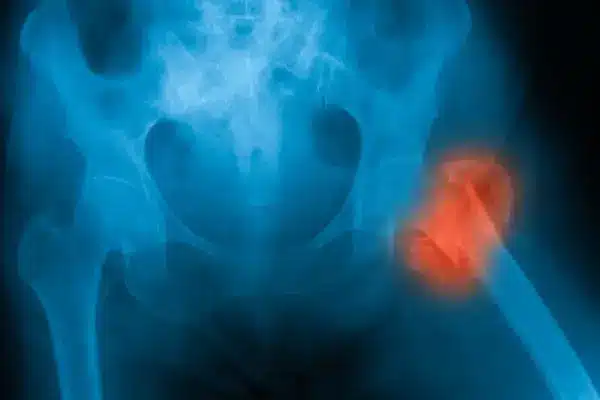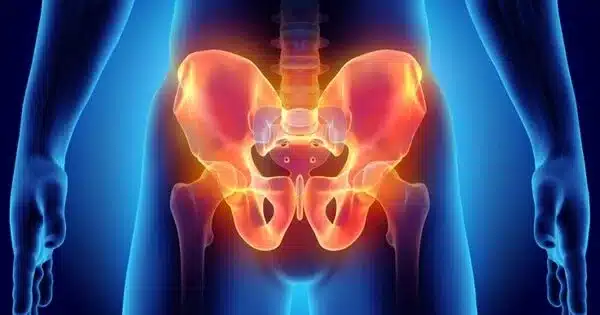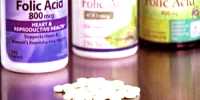According to new research, women can reduce their risk of hip fracture by increasing their protein intake and drinking regular cups of tea or coffee. Food scientists at the University of Leeds in the United Kingdom discovered that a 25g increase in protein per day was associated with a 14% reduction in the risk of hip fracture in women. In an unexpected twist, they discovered that every additional cup of tea or coffee they drank was associated with a 4% reduction in risk.
The researchers noted in the journal Clinical Nutrition that the protective benefits were greater for underweight women, with a 25g/day increase in protein lowering their risk by 45%. The protein could come in any form: meat, dairy or eggs; and for people on a plant-based diet, from beans, nuts or legumes. Three to four eggs would provide around 25g of protein as would a steak or piece of salmon. 100g of tofu would provide about 17g of protein.
Just over 3% of the women in the study group experienced a hip fracture.
Diet is a factor that people can modify to protect themselves by maintaining healthy bones and muscles. This study is one of the first to investigate relationships between food and nutrient intakes and risk of hip fracture, with hip fractures accurately identified through hospital records.
James Webster
Observational study
The study — Foods, nutrients, and the risk of hip fracture: A prospective study of middle-aged women is based on a large observational study of over 26,000 women. The researchers were able to identify associations between dietary factors and health using an observational study. They were unable to isolate direct cause and effect.
“Across the world, the costs to individuals and societies caused by hip fracture are enormous,” said James Webster, a doctoral researcher in the School of Food Science and Nutrition at Leeds who led the study. Hip fractures are frequently associated with other chronic illnesses, loss of independence, and premature death. The annual cost to the NHS in the United Kingdom ranges between £2 and £3 billion.”
“Diet is a factor that people can modify to protect themselves by maintaining healthy bones and muscles. This study is one of the first to investigate relationships between food and nutrient intakes and risk of hip fracture, with hip fractures accurately identified through hospital records. The results highlight which aspects of diet may be useful tools in reducing hip fracture risk in women, with evidence of links between higher protein, tea and coffee intakes and a reduced risk.”

Proteins are the basic building blocks of life and are required to keep cells, tissues, and muscles functioning properly, as well as to contribute to bone health.
The recommended protein intake in the UK is 0.8g per kilogram of bodyweight per day, which some nutritional experts believe is too low. The study found that people who consumed more protein had a lower risk of hip fracture. However, excessive protein consumption (more than 2 to 3g of protein/kg body weight/day) can be harmful to one’s health. The study was unable to investigate these extremely high levels of protein intake.
Professor Janet Cade, who leads the Nutritional Epidemiology Group at Leeds and supervised the research, said: “In the UK most people eat an adequate amount of protein, however, certain groups, such as vegetarians or vegans need to check that their protein intakes are high enough for good health.”
Why underweight women may see greater risk reductions
Underweight women are more likely to have low bone mineral density and muscle mass. By assisting in the establishment or restoration of bone and muscle health, increasing intakes of several foods and nutrients, particularly protein, may help reduce hip fracture risk more in underweight women than in healthy or overweight women. However, the researchers point out that more research is needed to confirm this finding.
Both tea and coffee contain biologically active compounds known as polyphenols and phytoestrogens, which may aid in bone health.
Professor Cade went on to say: “Given the popularity of tea and coffee in the United Kingdom, this is an intriguing finding. We still don’t know how these drinks might affect bone health, but it could be by increasing the amount of calcium in our bones.”













